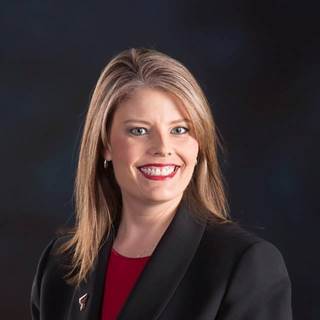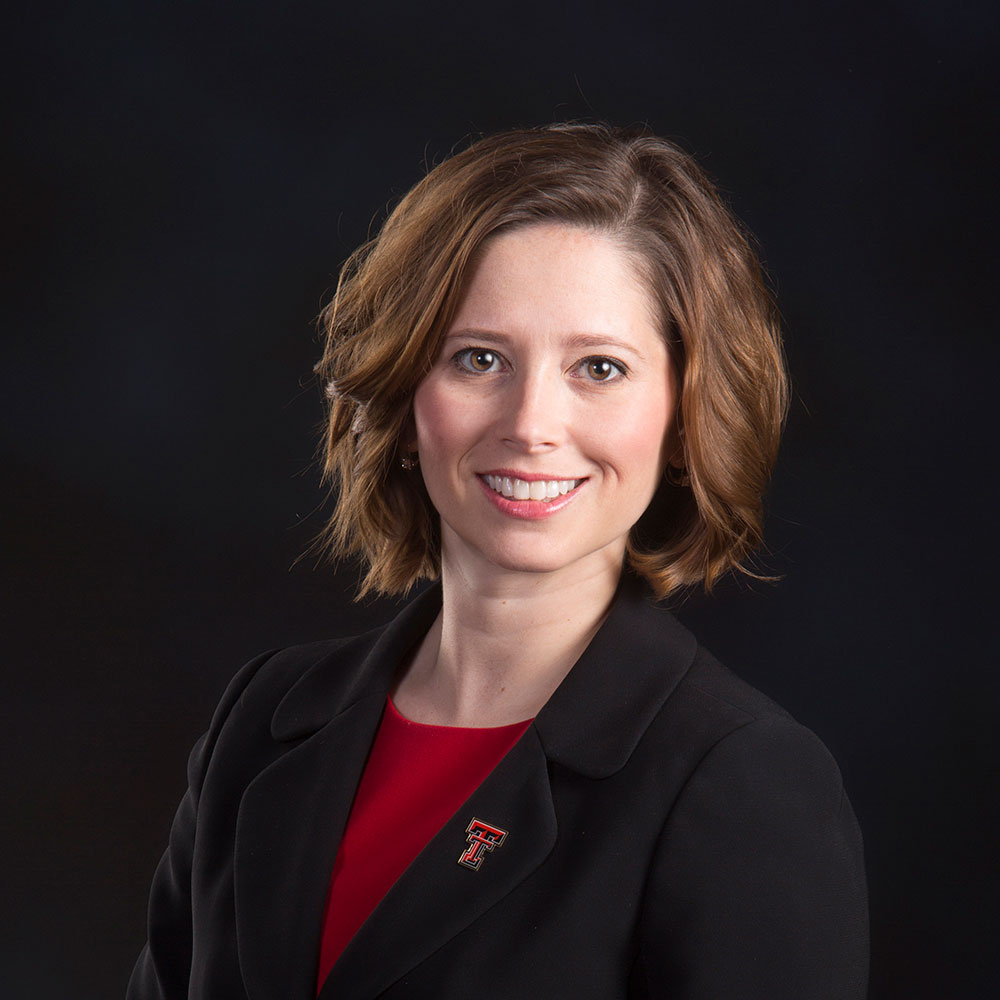OPA Assessment Spotlight


Dr. Erica Irlbeck
Dr. Courtney Meyers
OPA Spotlight Interview
By: Libby Spradlin, Associate Director
What is your position and what do you do for Texas Tech?
MEYERS: I am a professor in agricultural communications and serve as the Graduate Studies Coordinator for the Department of Agricultural Education and Communications.
IRLBECK: I am a professor of agricultural communications. I teach ag communications courses at the undergraduate and graduate level, conduct research, serve on various committees, and coordinate the agricultural communications undergraduate program.
How long have you been at Texas Tech?
MEYERS: I started at Texas Tech in 2008.
IRLBECK: I started as a graduate student 14 years ago in 2006. I joined the faculty in 2009.
How did you get involved with assessment?
MEYERS: As an educator, I've always appreciated the importance of having measurable learning outcomes and identifying ways to measure them. In a more formal capacity, I began providing the assessment information for our undergraduate agricultural communications program several years ago. When I became the graduate studies coordinator in 2017, I shifted to working on the assessment information for our four graduate programs.
IRLBECK: Our former department chair, Steve Fraze, asked me to lead the efforts for the undergraduate degree.
How do you use assessment in your job? What are some interesting assessment techniques you have used or are planning to use?
MEYERS: Assessment is a major part of my role as a teacher and graduate studies coordinator. I always appreciated the role of assessment in regard to measuring my student's learning, but it wasn't until I stepped into the administrative position that I appreciated the role assessment has in programmatic efforts. At the graduate level, the most effective assessment techniques we use are to evaluate the students' synthesis of knowledge. This could be through a thesis or dissertation or oral examination. Our faculty members dedicate a great deal of time to ensure students are able to demonstrate what they have learned in our graduate programs.
Is there anything else you would like to share about assessment?
MEYERS: The value and importance of assessment was made clear to me when I led our department's 6-year graduate program review within my first year in my current position. Stepping back from the daily demands to reflect on our degree programs' strengths and weaknesses changed how I approached the assessment process. I would also recommend people volunteer to review other program assessment reports. This was an incredibly insightful opportunity, and I learned a lot from reading what other programs on campus are doing for assessment.
What is your hometown or where do you tell people you are from?
MEYERS: I am from Fulton, Kansas.
IRLBECK: I'm from Carmen, Oklahoma. It's a small town of 500 people.
What do you like to do when you are not working?
MEYERS: I love spending time with my husband and our two girls. I'm usually driving them to dance or we're just relaxing together at home. When I get a moment to myself, I enjoy riding my Peloton bike and reading material I don't have to edit.
IRLBECK: I like reading, gardening, working out, watching television or movies, and anything crafty.
What is something you have not done but would like to do?
MEYERS: I want to live in Australia with my family! I received a Fulbright Scholar Award for Australia in 2020-21 and we are still holding out hope we'll be able to go.
IRLBECK: Travel is very important to our family, and there are lots of places on our list. England is on the top of my list, but we would also like to visit Yellowstone, Australia, Canada, France, and lots of other places in Europe.
Office of Planning and Assessment
-
Address
Administration Building, Suite 237, Box 45070 Lubbock, TX 79409-5070 -
Phone
806.742.1505 -
Email
opa@ttu.edu
